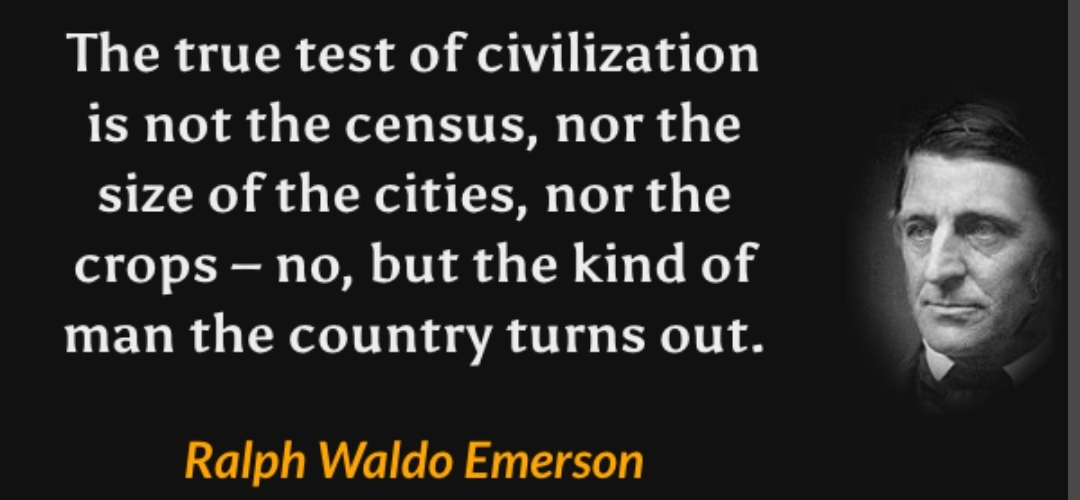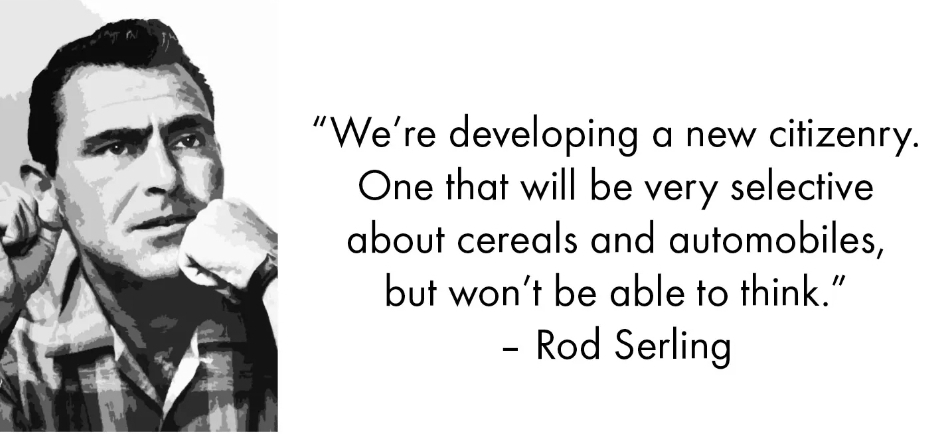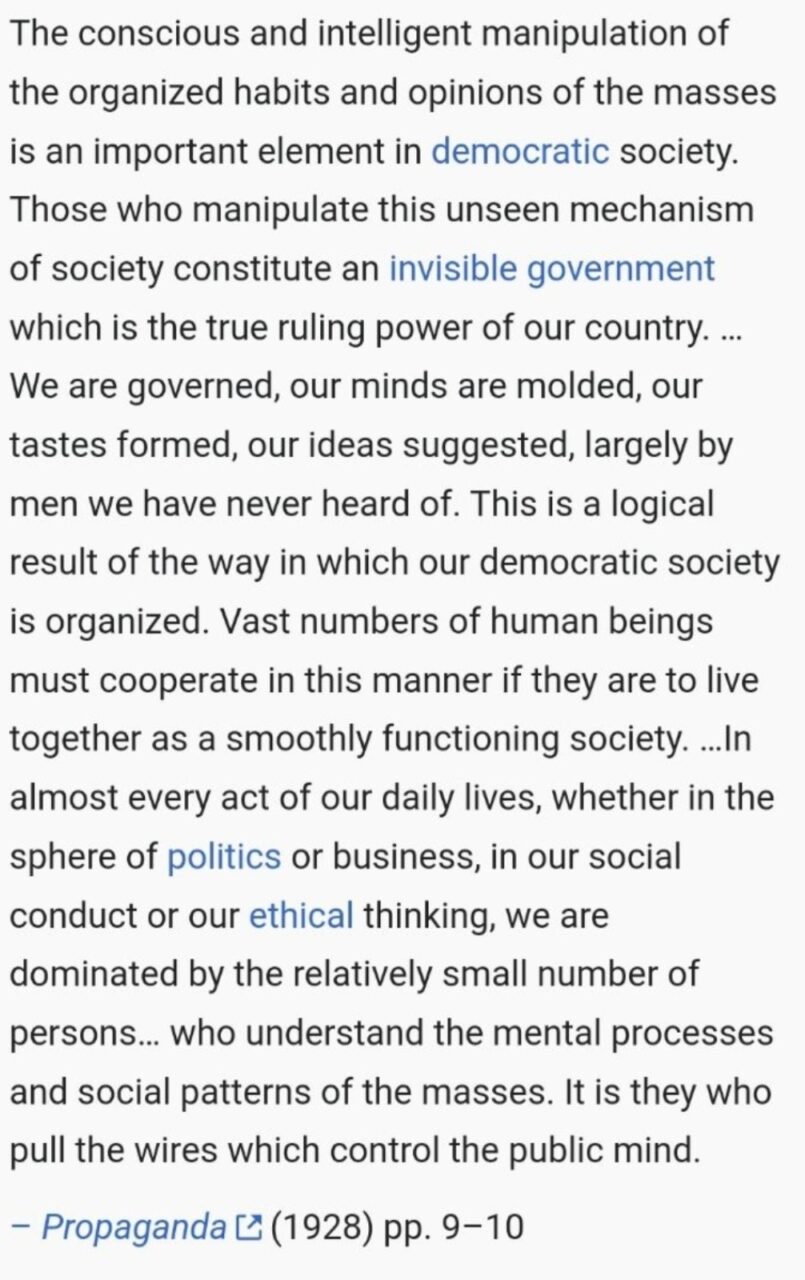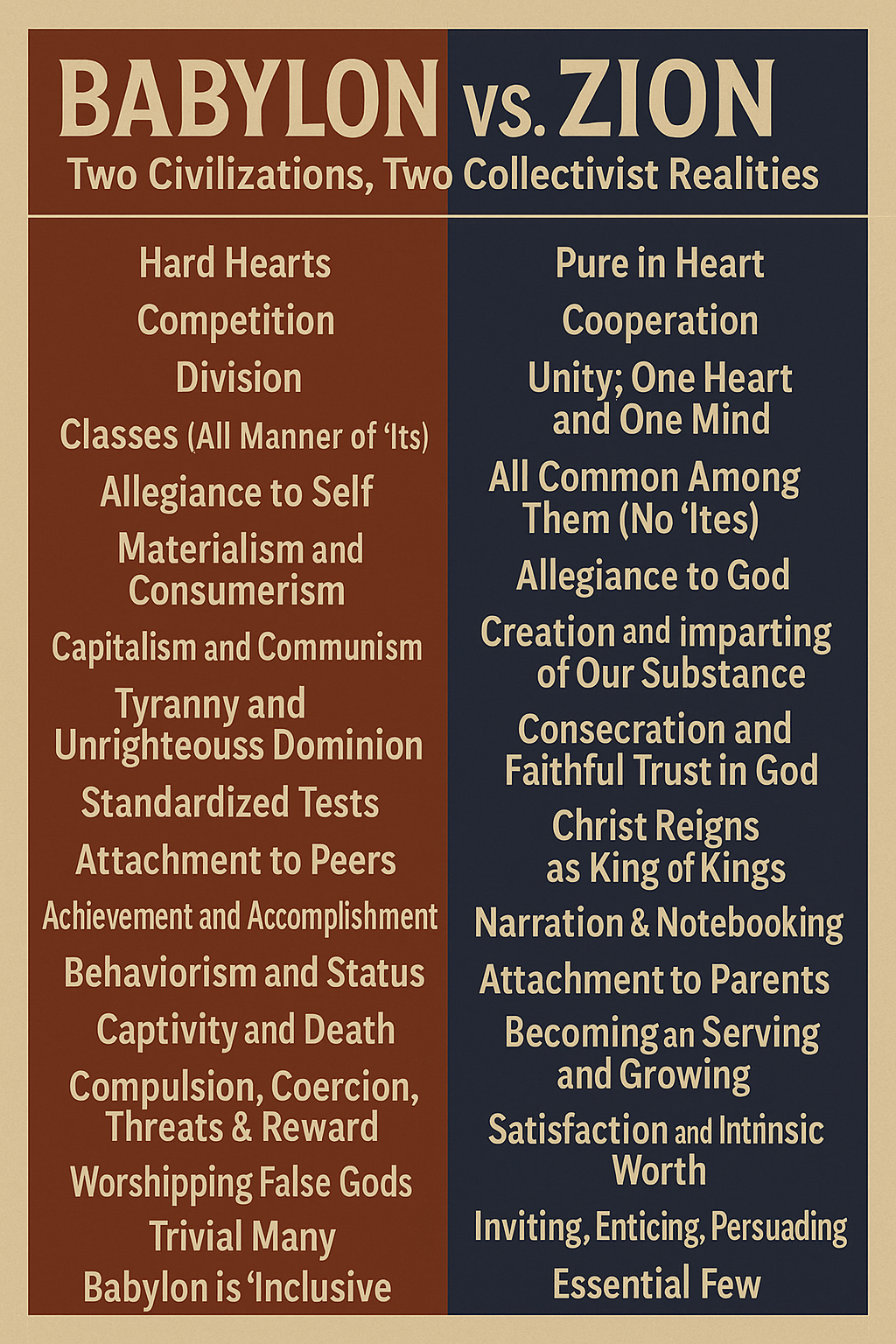“If you want a new idea, read an old book.” — Ivan Pavlov
One of the most impactful books I read other than the Bible was Stephen Coveys, 7 Habits of Highly Effect People. It was published in 1989.
The book is packed with insightful knowledge in multiple layers and facets.
One key concept he pointed out:
“As my study took me back through 200 years of writing about success, I noticed a startling pattern emerging in the content of the literature. Because of our own pain, and because of similar pain I had seen in the lives and relationships of many people I had worked with through the years, I began to feel more and more that much of the success literature of the past 50 years was superficial. It was filled with social image consciousness, techniques and quick fixes—with social Band-Aids and aspirin that addressed acute problems and sometimes even appeared to solve them temporarily, but left the underlying chronic problems untouched to fester and resurface time and again.” (1)
Stephen Covey refers to this as Personality Ethics.
“In stark contrast, almost all the literature in the first 150 years or so focused on what could be called the Character Ethic as the foundation of success—things like integrity, humility, fidelity, temperance, courage, justice, patience, industry, simplicity, modesty, and the Golden Rule. Benjamin Franklin’s autobiography is representative of that literature. It is, basically, the story of one man’s effort to integrate certain principles and habits deep within his nature.” (1)
“The Character Ethic taught that there are basic principles of effective living, and that people can only experience true success and enduring happiness as they learn and integrate these principles into their basic character.” (1)
The unhinging from our countries fundamental foundation took place after World War I.

This wasn’t by chance, it is implied by Stephen Coveys research that it was designed to be that way.

It was peddled and implemented into our society and gradually accepted as a norm. This bad idea has been coerced into the American mind, culture and people.

By coercion of the mind, it will have endless consequences from A to Z in our culture, upbringing, and society as a whole. It will be destructive to our minds and bodies as we become emotionally, mentally, physically, and spiritually enslaved.
Welcome to Prison Planet: Slaves R Us And What We Can Do About on a Personal Level
“Forcing a bad idea (lies) on a society can lead to numerous negative consequences, affecting various aspects of social, economic, and political life.” (2)
As the traits of Personality Ethics have evolved, we have to ask what have been the outcome for society from 1917 to 2024 and what kind of men and women have been the result of these manipulative tactics?
“The ripple effects of institutional bad ideas and lies can endure for generations, creating a legacy that shapes societal norms, policies, and individual lives in profound and often detrimental ways.” (2)
What kind of society and men will be produced that follow personality ethics. the personality approach were clearly manipulative, even deceptive, encouraging people to use techniques to get other people to like them, or to fake interest in the hobbies of others to get out of them what they wanted, or to use the “power look,” or to intimidate their way through life. Character Ethic became mostly lip service; the basic thrust was quick-fix influence techniques, power strategies, communication skills, and positive attitudes. Based on public image, attitude & behaviors, skills and techniques. It was superficial. It was filled with social image consciousness, techniques and quick fixes—with social Band-Aids and aspirin that addressed acute problems and sometimes even appeared to solve them temporarily, but left the underlying chronic problems untouched to fester and resurface time and again.
A society built on the principles of Personality Ethics—where individuals are encouraged to manipulate, deceive, and use techniques to influence others for personal gain—would likely produce a culture that is superficial, transactional, and unstable. Here’s a deeper exploration of what such a society might look like and the characteristics of the men and women it would produce:
1. Core Characteristics of the Society:
Superficial Interactions:
- Transactional Relationships: In a society driven by Personality Ethics, relationships would be largely transactional. People would engage with one another primarily to achieve personal goals, rather than out of genuine interest or concern for others. Friendships, partnerships, and even family bonds might be formed and maintained based on what individuals can gain from each other.
- Lack of Authenticity: Authenticity and sincerity would be in short supply, as people would often hide their true selves behind carefully constructed personas. There would be a widespread practice of faking interest or emotions to manipulate outcomes, leading to a culture of mistrust and insincerity.
Image Over Substance:
- Obsession with Public Image: The society would place a high value on public image, where appearances, attitudes, and behaviors are crafted to impress or influence others. Personal worth would be judged more by how one is perceived than by one’s true character or contributions.
- Superficial Success: Success would be measured by external markers such as wealth, status, and power, often achieved through manipulation, shortcuts, and quick fixes. Deep, meaningful success based on integrity, hard work, and genuine contribution would be overshadowed by superficial achievements.
Short-Term Thinking:
- Focus on Quick Fixes: People would seek out quick solutions to problems rather than addressing underlying issues. This short-term thinking would be pervasive in both personal and societal matters, leading to temporary relief but allowing deeper problems to persist and worsen over time.
- Reactive Culture: The society would be reactive rather than proactive, constantly dealing with crises as they arise instead of planning and working toward long-term goals. There would be a reliance on techniques and strategies that provide immediate results, often at the expense of lasting solutions.
Manipulation as a Norm:
- Power Dynamics: Power dynamics would dominate social interactions, with individuals using intimidation, coercion, or manipulation to achieve their aims. This could lead to a highly competitive and cutthroat environment where trust is scarce and alliances are fleeting.
- Techniques Over Principles: People would rely heavily on learned techniques and strategies to influence others, rather than on solid principles or genuine connection. This could create a society where people are more skilled at manipulating situations than at building real, lasting relationships.
2. Characteristics of Men and Women in This Society:
Manipulative and Self-Centered Individuals:
- Skilled Manipulators: Men and women would be adept at using various techniques to get what they want from others. They would prioritize personal gain over integrity, using charm, deception, or intimidation to achieve their objectives.
- Self-Centered: Individuals would be primarily focused on their own needs and desires, often at the expense of others. Empathy and compassion might be lacking, as the culture would reward those who can navigate social dynamics to their advantage rather than those who genuinely care for others.
Insecure and Image-Conscious:
- Insecurity: Despite outward appearances of confidence or success, individuals might suffer from deep-seated insecurity, knowing that their relationships and achievements are built on shaky foundations. This could lead to anxiety, stress, and a constant fear of being exposed as inauthentic.
- Obsessed with Image: People would be highly conscious of how they are perceived by others, leading to a culture of comparison, competition, and status-seeking. There might be an obsession with appearances, material success, and social standing, with little regard for inner character or personal integrity.
Short-Sighted and Unfulfilled:
- Short-Sighted: The focus on quick fixes and immediate gratification would lead to a lack of long-term vision. Individuals might find themselves constantly chasing after the next goal or using the next technique, without ever achieving lasting satisfaction or fulfillment.
- Unfulfilled: Despite outward success, many individuals might feel unfulfilled or empty, as their lives lack true meaning or purpose. The superficial nature of their achievements and relationships could leave them feeling disconnected and isolated.
Highly Competitive and Distrustful:
- Competitive: The society would likely be highly competitive, with individuals constantly striving to outdo each other. This competition could foster a sense of rivalry and division, rather than collaboration and community.
- Distrustful: Trust would be rare in such a society, as people would be aware that others are often using them for their own ends. Relationships would be fragile, and people might constantly be on guard, fearing betrayal or manipulation.
3. Overall Impact on Society:
This society would likely be unstable, fragmented, and marked by a lack of genuine connection and trust. The reliance on Personality Ethics would create an environment where superficiality reigns, and where deep, meaningful relationships and achievements are difficult to find. Over time, the emphasis on quick fixes, image, and manipulation could lead to widespread disillusionment, as individuals realize that their lives are built on shaky foundations.
Potential Consequences:
- Erosion of Trust: The pervasive use of manipulative techniques would erode trust between individuals and institutions. This could lead to a breakdown in social cohesion, with people becoming increasingly isolated and distrustful of one another.
- Cultural Superficiality: The society would likely become culturally superficial, with an emphasis on appearances, trends, and surface-level success. Deep, lasting cultural achievements might be rare, as people focus on the here and now rather than building for the future.
- Chronic Problems: The reliance on quick fixes would mean that chronic societal problems—such as inequality, corruption, or social unrest—would go unaddressed, allowed to fester beneath the surface and resurface repeatedly.
A society built on Personality Ethics would produce men and women who are manipulative, self-centered, and focused on superficial success. While they might achieve short-term gains, their lives would likely lack depth, fulfillment, and true connection. The society as a whole would be unstable, marked by mistrust, competition, and a focus on appearances over substance. This environment would be difficult to sustain in the long term, as underlying problems and the lack of genuine human connection would eventually take a toll on both individuals and the society at large.
When a society adopts Personality Ethics, it can indeed evolve into a narcissistic, morally relativistic, and hedonistic society. This is because personality ethics prioritize outward behaviors, social skills, and image over deeper values such as integrity, honesty, and character. Here’s how each of these transformations occurs:
1. Narcissism:
- Focus on Image and Perception: Personality ethics emphasize how one is perceived by others, encouraging people to prioritize their external image, charm, and social influence. This can lead to a culture where self-promotion, vanity, and attention-seeking become the norms.
- Self-Absorption and Entitlement: As people become more concerned with their public persona and personal advancement, they may develop narcissistic traits, such as self-centeredness and a sense of entitlement. This emphasis on “self” often comes at the expense of empathy, community, and genuine connection.
2. Moral Relativism:
- Flexible Morality Based on Situations: Personality ethics often rely on situational behavior—doing whatever is necessary to achieve the desired public image or outcome. This can lead to moral relativism, where ethical standards are fluid and change depending on circumstances, convenience, or personal gain.
- Lack of Universal Principles: As people focus more on outward appearances and short-term gains, there is a decline in adherence to consistent, universal moral principles. Ethical behavior becomes a matter of personal or situational preference, leading to confusion, inconsistency, and conflicting values.
Become Aware Our Polarized Nation Will Live By Stoicim or Die By Epicurean
3. Hedonism:
- Pursuit of Immediate Pleasure and Satisfaction: When image and social success are prioritized, there can be an increased focus on achieving pleasure, comfort, and instant gratification. The emphasis is on enjoying the moment and obtaining the immediate benefits of social acceptance, popularity, or material wealth.
- Consumerism and Materialism: A hedonistic approach is often driven by a desire for personal pleasure, which can manifest as consumerism and materialism. The culture encourages people to seek happiness through external means, such as luxury goods, entertainment, and sensory indulgence.
The Globalist Agenda Programs Humanity To Be Unhappy By Their Religion of Consumption
Combined Effects on Society:
1. Shallow Relationships and Social Fragmentation:
- Relationships are often built on convenience, mutual benefit, or surface-level connections, rather than deep trust and commitment. As a result, society may experience weakened social bonds, less community engagement, and an erosion of genuine human connections.
Globalist Program Relationships to Fail: Women Divorce For Being Unhappy & Bored
2. Ethical Ambiguity and Social Conflict:
- The rise of moral relativism leads to a lack of shared ethical standards, making it harder to agree on what is right or wrong. This can cause confusion, polarization, and conflict as individuals and groups promote their own subjective moral frameworks.
3. Focus on Short-Term Gains Over Long-Term Values:
- A society focused on personality ethics tends to prioritize short-term gains—such as personal success, social status, and material wealth—over long-term values like integrity, justice, and collective well-being. This approach can undermine sustainable development and the overall moral fabric of society.
By adopting personality ethics, a society becomes more focused on superficial qualities, leading to a culture that celebrates narcissism, embraces moral relativism, and pursues hedonistic pleasures. While this may create opportunities for individual advancement and enjoyment, it also poses risks to social cohesion, ethical clarity, and collective well-being. A balanced approach that integrates deeper character values could provide a more sustainable path forward.
(1) 7 Habbits of Highly Effective People
(2) Let the Best Ideas Win By Public Debate, But Don’t Legislate Bad Ideas Into Law & Society







